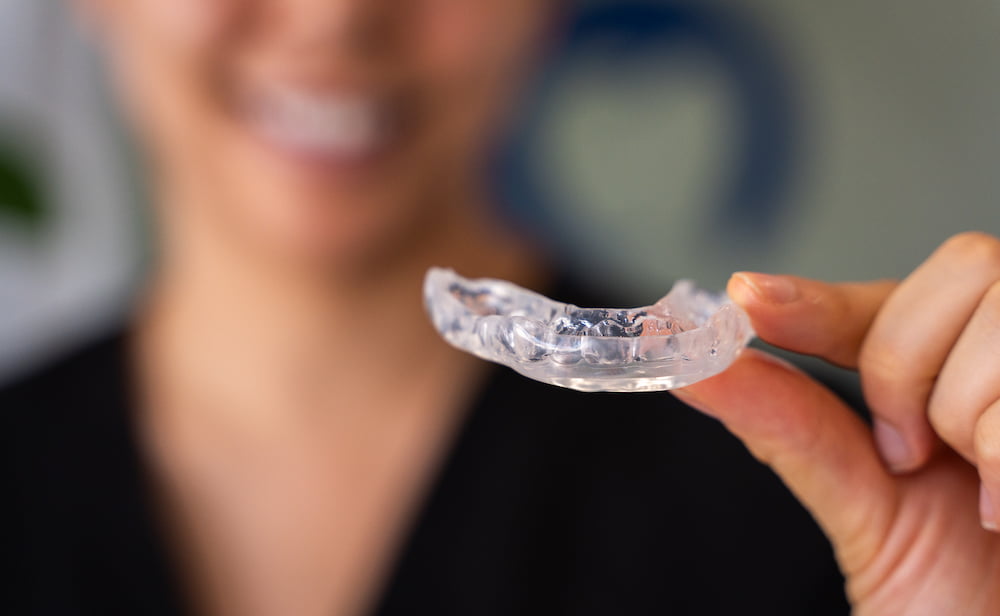Many people wonder, can you sleep comfortably with a mouthguard? Mouthguards are commonly prescribed to prevent teeth grinding, reduce jaw pain, and protect dental work during sleep. While the idea of wearing a device in your Mouthguards overnight may seem uncomfortable, advances in design and materials have made it possible for most people to sleep soundly while using one. Understanding how to choose and adjust a mouthguard can improve your comfort dramatically.
Why Mouthguards Are Used During Sleep?
Mouthguards serve several important functions that improve dental health and sleep quality.
- Protect teeth from damage caused by grinding or clenching (bruxism)
- Reduce strain and soreness in jaw muscles and joints
- Help prevent headaches and facial pain related to jaw tension
- Minimize wear on dental restorations like crowns and fillings
- Support proper jaw alignment during sleep
Using a mouthguard can ultimately promote better sleep by reducing pain and discomfort.
Factors That Affect Comfort When Wearing a Mouthguard:
Comfort largely depends on the fit, material, and design of the mouthguard.
- Custom-fitted mouthguards provide the best comfort as they mold precisely to your teeth and gums
- Boil-and-bite models offer a semi-custom fit but may feel bulkier initially
- Material softness influences how the guard feels in your mouth; softer materials tend to be more comfortable but may wear faster
- Thickness of the guard can impact speech and breathing comfort
- Adjusting to the mouthguard may take a few nights, so patience is key
Choosing the right mouthguard type can greatly enhance overnight comfort.
Tips for Sleeping Comfortably with a Mouthguard:
Adapting to wearing a mouthguard at night can be easier with these practical tips.
- Ensure the mouthguard fits well; if too tight or loose, consult your dentist
- Clean the mouthguard regularly to prevent odors and irritation
- Practice wearing it for short periods during the day to get used to the sensation
- Use relaxation techniques before bed to reduce jaw tension
- Avoid eating or drinking with the mouthguard in place
- Replace worn or damaged mouthguards promptly to maintain comfort
Following these steps can help make wearing a mouthguard feel natural and painless.
Common Challenges and How to Overcome Them:
Some users experience initial difficulties but most problems can be managed effectively.
- Excess saliva production is normal at first and usually subsides with time
- Mouth dryness can be relieved by staying hydrated and using a humidifier
- Gag reflex may be triggered by bulky guards; a thinner or custom model can help
- Difficulty breathing or speaking often improves as you adjust or with a better-fitting guard
- Jaw soreness might indicate the need for fit adjustment by a professional
Addressing these challenges quickly helps ensure uninterrupted sleep.
Long-Term Benefits of Sleeping with a Mouthguard:
Despite early adjustment, the long-term rewards of wearing a Best Mouthguards Treatment overnight are significant.
- Prevents costly dental damage from grinding and clenching
- Reduces chronic jaw, neck, and headache pain
- Improves sleep quality by minimizing discomfort and jaw tension
- Protects dental restorations, extending their lifespan
- Supports overall oral health and reduces stress-related symptoms
With proper selection and care, sleeping comfortably with a mouthguard is achievable and highly beneficial.

